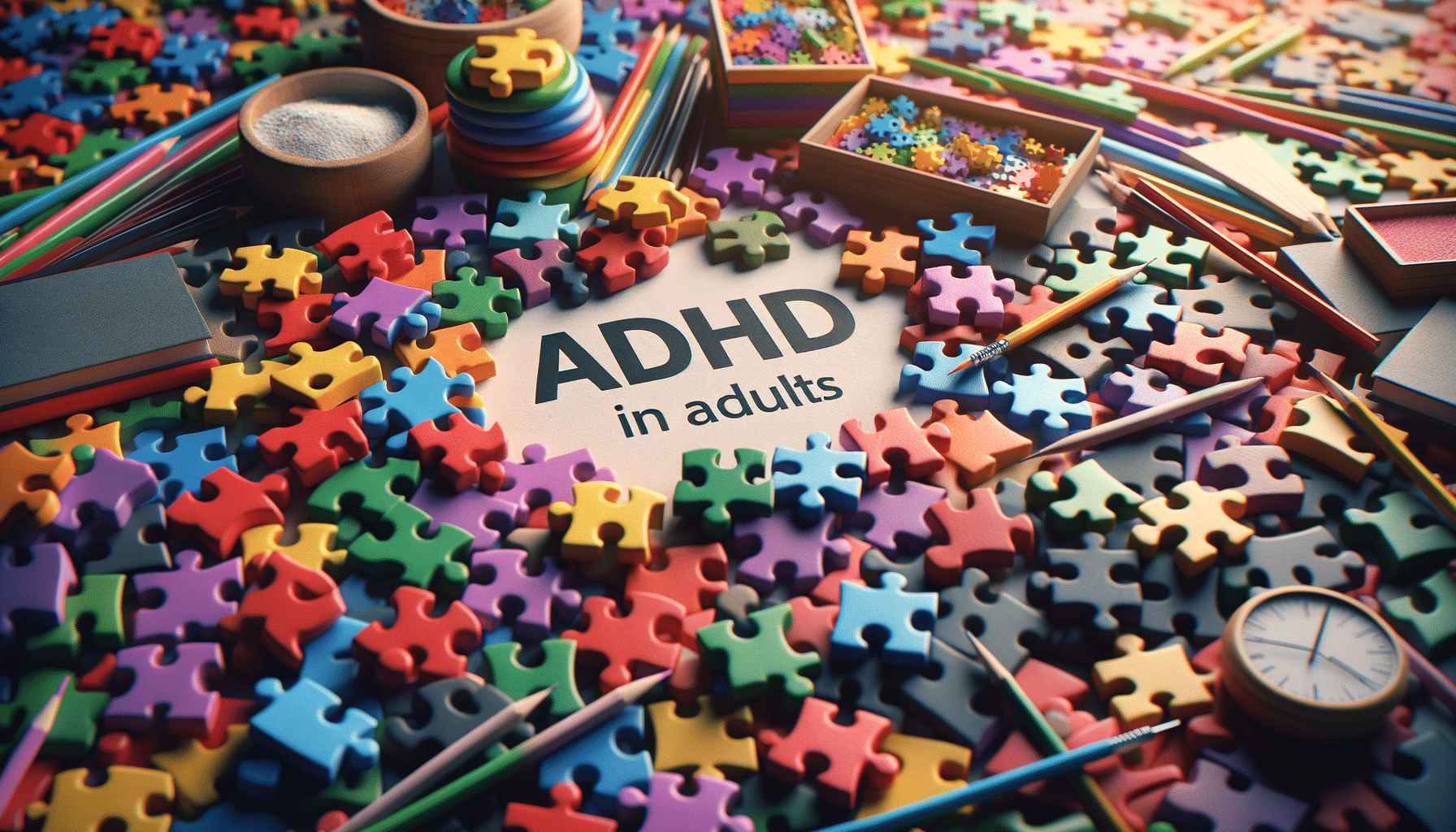
Understanding ADHD in Adults: How Quizzes Help Identify Symptoms
Introduction to ADHD in Adults
Attention Deficit Hyperactivity Disorder (ADHD) is a mental health condition that is often associated with children, but it is important to recognize that adults can also experience ADHD. While the symptoms may manifest differently in adults compared to children, the impact on daily life can be just as significant. In adults, ADHD can lead to challenges in maintaining focus, managing time, and controlling impulses, which can affect professional and personal relationships.
Understanding ADHD is crucial because it helps in identifying the need for appropriate interventions that can improve quality of life. The conversation around adult ADHD is gaining momentum, with increasing awareness and resources available to help those who may be struggling with this condition. One way to explore if you might have ADHD is through ADHD quizzes specifically designed for adults. These quizzes can be a preliminary step in recognizing symptoms and seeking further professional evaluation.
The Role of ADHD Quizzes in Identifying Symptoms
ADHD quizzes serve as a valuable tool for adults who suspect they might have ADHD. These quizzes typically consist of a series of questions that assess common symptoms associated with ADHD, such as difficulty concentrating, forgetfulness, and impulsivity. While these quizzes are not diagnostic tools, they can provide insights into whether further evaluation by a healthcare professional is warranted.
Taking an ADHD quiz can be an empowering step for individuals who have been experiencing symptoms but are unsure if they relate to ADHD. The results can guide individuals to seek professional help, where a comprehensive assessment can be conducted. It’s important to approach these quizzes with an open mind and honesty to ensure the results are as accurate as possible.
In addition to helping identify symptoms, ADHD quizzes can also educate individuals about the condition, highlighting aspects they may not have considered. This increased awareness can lead to better self-management strategies and a more informed discussion with healthcare providers.
Understanding the Broader Context of Mental Health
Mental health encompasses a wide range of conditions, including ADHD, and plays a vital role in overall well-being. Recognizing the interconnectedness of mental health conditions is essential in providing comprehensive care. For instance, adults with ADHD may also experience anxiety or depression, which can compound the challenges they face.
Promoting mental health awareness and reducing stigma are crucial steps in encouraging individuals to seek help. Open conversations about mental health can lead to earlier intervention and better outcomes. It’s also important to acknowledge that mental health is not static; it can change over time, and ongoing support may be necessary.
For those exploring ADHD and other mental health conditions, resources such as support groups, therapy, and educational materials can be invaluable. These resources provide a sense of community and understanding, helping individuals navigate their mental health journey with greater confidence and resilience.
Conclusion: Taking the Next Steps
If you suspect that you might have ADHD, taking an ADHD quiz can be a helpful initial step in identifying symptoms. However, it is important to follow up with a healthcare professional for a comprehensive evaluation. Understanding ADHD in the context of overall mental health can lead to more effective management strategies and improved quality of life.
Remember, mental health is an integral part of well-being, and seeking help is a sign of strength. By exploring resources and engaging in open conversations, you can take proactive steps towards managing ADHD and enhancing your mental health.


